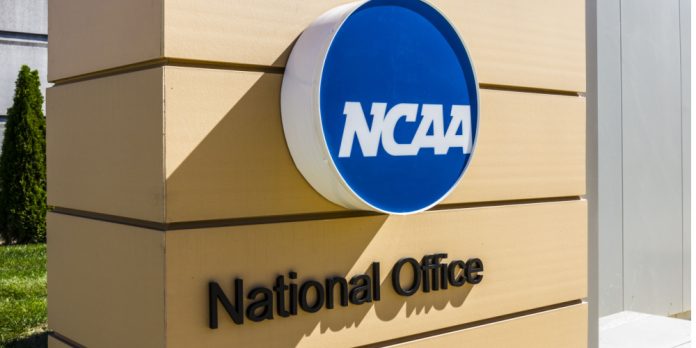The NCAA has commissioned a study to explore the impacts of threats and online abuse of its student athletes during the college sports season.
The body has engaged with Signify Group to provide its Threat Matrix AI-based solution to conduct and analyze online messaging towards student athletes.
Further study is required, the NCAA asserts, to promote the mental wellbeing of the college sports community to use data analytics to understand online abuse and prevent it from occurring.
Signify Group and the NCAA will take to X, Instagram and TikTok to monitor and detect the levels of abuse and threat towards athletes in over 35 languages plus images and emojis.
Further parameters include the analysis of abuse related to sports betting which has risen in the last year. NCAA stats cite that 10% of DI respondents said they were aware of student-athletes being harassed online or in person by someone with gambling interests.
The study will seek to help provide data for the NCAA to help it to “refine its policies in an effort to deter abuse and threats in college sports”.
Speaking on the launch of the NCAA Threat Matrix service, NCAA President Charlie Baker said: “Engaging Signify to monitor NCAA championships reflects our resolute commitment to college athlete safety and well-being.
“This is a first-of-its-kind project in college sports focusing on online abuse and threats, while arming social platforms and law enforcement to take action to protect thousands of student-athletes and all championship participants. This pilot is just the start of much broader online protection measures the NCAA will put in place to guide our longer-term strategy in this crucial space.”
Further engagements of the Signify Group will be to direct coordination with social media platforms to report athlete abuse and encourage the removal of such content. Meanwhile it will also provide reporting procedures for notifying stakeholders such as teams and law enforcement about the abuse it detects.
Jonathan Hirshler, CEO of Signify Group, added: “We are delighted to be working with the NCAA on this hugely exciting and ground-breaking initiative to enhance the online safety of college athletes and participants in the wider college sport ecosystem.
“Over the coming months I am confident that we will not only unearth deep insights into online abuse and threat in college sports, but also help drive real action in this space in partnership with the NCAA, platforms and law enforcement agencies.”
Earlier this year at the UNLV Conference on Gambling and Risk Taking, Dr. Timothy Fong noted that student-athlete abuse is becoming a more prevalent issue and that the industry must do more to tackle these emerging behaviors.
Dr. Fong elaborated: “The thing that I think is really brand new this year that we didn’t really see last year was the traumatic experiences that are brought upon by the harassment of the online and in the real world to athletes who play.
“I don’t like using the word abuse anymore, particularly as it pertains to language, but in this case, it is online comments and social media posting real-world threats. I didn’t put some of these in [my presentation] because they’re really, really triggering. And they’re shocking. And they’re incredibly powerful. And athletes see that. To be called all sorts of racial epithets, ethnic slurs, all sorts of being treated as essentially objects and property just nonstop.”













